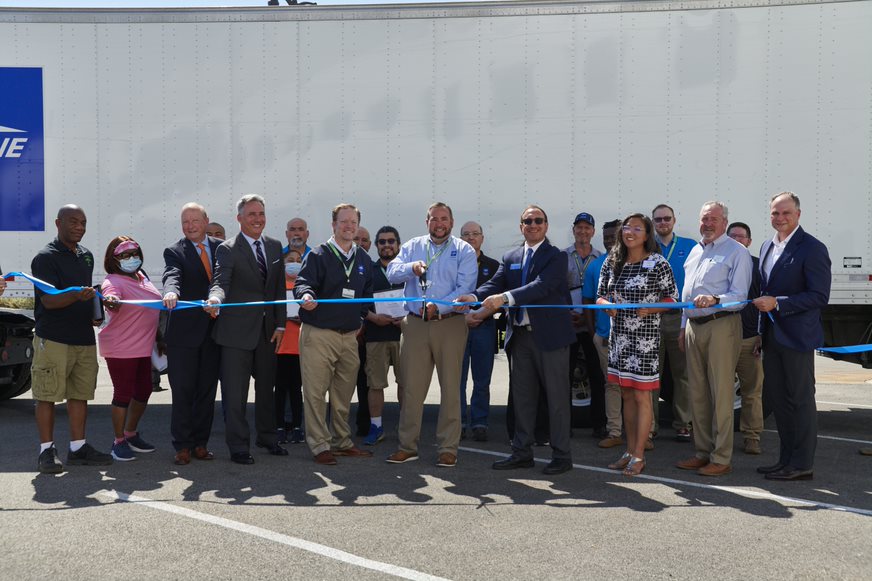
Medline celebrated the opening of its 1.4 million-square-foot LEED-certified distribution center in Grayslake, Illinois – estimated to be the largest medical-grade distribution center in the country. To commemorate the opening, Lake County Treasurer Holly Kim, Grayslake Mayor Rhett Taylor, local dignitaries and representatives from Medline, Lake County Partners, major hospitals, nursing homes and healthcare providers in the region gathered on-site for the celebratory ribbon-cutting ceremony.

“It’s a real honor to celebrate the ribbon cutting of our newest facility with our customers, local officials and partner organizations,” said Brian Bevers, Senior Vice President of operations at Medline. “Medline has been operating in Lake County for nearly 50 years, and we look forward to growing our presence in the community with this latest addition in Grayslake. Thank you to all who have supported us and for joining us on this special day.”
The $125 million cutting-edge facility handles the distribution of thousands of individual products and devices shipped to healthcare providers across the continuum of care, such as hospitals, nursing homes, ambulatory surgery centers, hospices and physicians’ offices. The Grayslake facility has created 350 new jobs, for a total of nearly 700 when at full capacity, and is expected to handle more than $1 billion in annual orders.
“I think it’s significant that Medline is growing their presence in Lake County by choice,” said Lake County Treasurer Holly Kim. “Like any small mom and pop that becomes successful, this is a company that began here, grew over decades, and yet continues to give back in the community. It strikes me as unique and important that the hundreds of good jobs at Medline are not only needed during a pandemic but they will be here when times are good or challenging.”

Grayslake Mayor Rhett Taylor echoed this sentiment. “This investment highlights the tremendous economic growth that we’ve seen in recent years, in the village and in the broader Lake County community. The Alter Group’s Cornerstone development is one of the largest master-planned projects in the United States, and it was designed to give businesses the opportunity to grow. With Medline as an anchor at this new facility, our vision for the property is becoming an exciting reality.”
The Grayslake distribution center is a part of Medline’s $2 billion Healthcare Resilience Initiative, a national capital expenditure campaign that included new distribution centers, manufacturing capabilities and information technology (IT) upgrades to further their commitment to delivering superior customer service. Medline supports small businesses and plans to spend approximately $2.5 million annually with local vendors for maintenance, upkeep and operations support of the Grayslake distribution center. Medline currently manages six facilities throughout Lake County that house offices, manufacturing and distribution, and employ more than 3,000 team members.
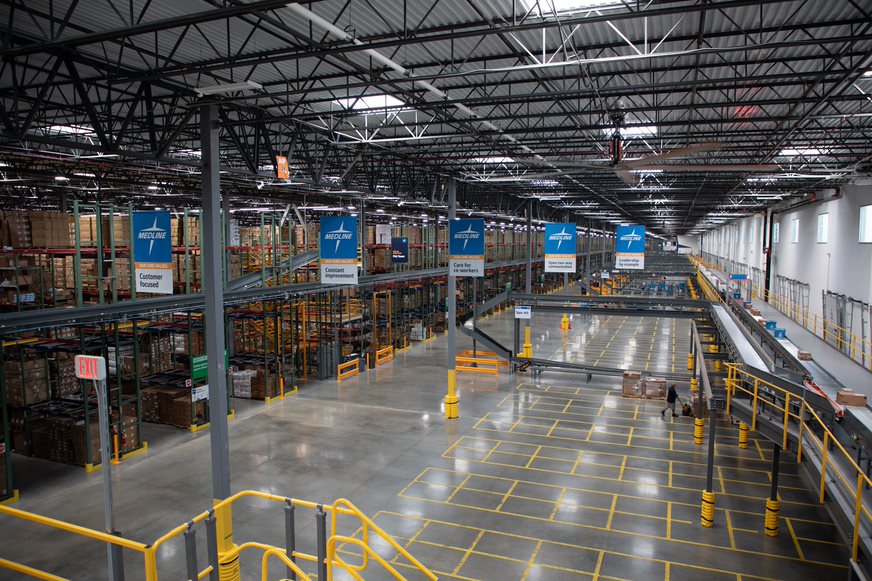
“Lake County has celebrated extraordinary growth in advanced manufacturing and life sciences, and Medline is really at the intersection of these key industries,” noted Lake County Partners president and CEO Kevin Considine. “We strategically invest in local talent and infrastructure to make sure that business leaders can rely on our workforce, location and competitive costs. Medline’s success in our community is a testament to favorable business climate.”
Medline serves the nation’s top healthcare systems, operating over 50 distribution centers and 20-plus manufacturing facilities across North America. Medline distributes 300,000 unique medical products, including 65,000+ manufactured by Medline.
HOW CAN YOUR COMPANY JOIN IN THE SUCCESS?
This new Medline facility is an anchor at the Alter Group’s Cornerstone development in Grayslake – one of the largest master-planned projects in the country. Upon completion, the development will offer 3 million sq. ft. of light industrial, research and development (R&D), and logistics space and leverage Lake County’s incredible talent, location, infrastructure and competitive costs.
Our 20+ years of experience driving economic development in Lake County, Illinois and extensive network of Chicagoland’s most high-profile business leaders means we have the resources you need to grow. As a non-profit organization, Lake County Partners’ services are free and convenient. Connect with us to learn more about state-of-the-art opportunities like Cornerstone.
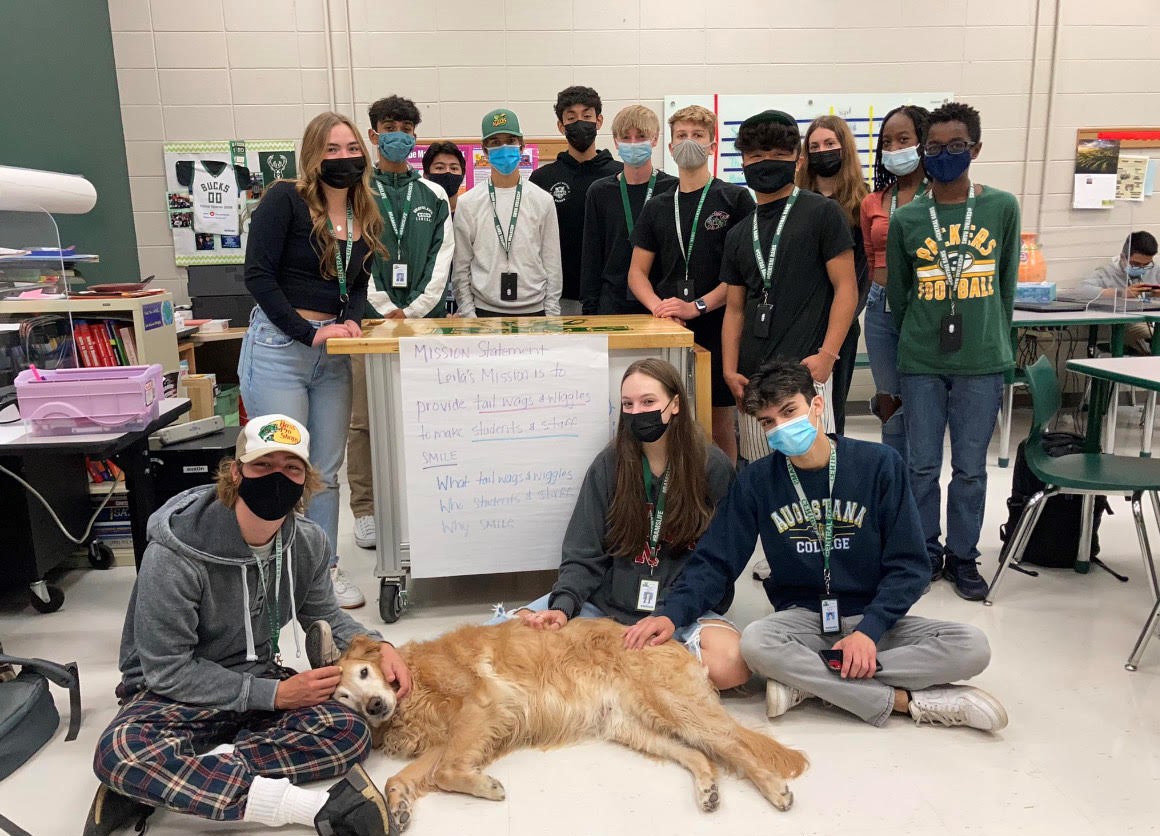
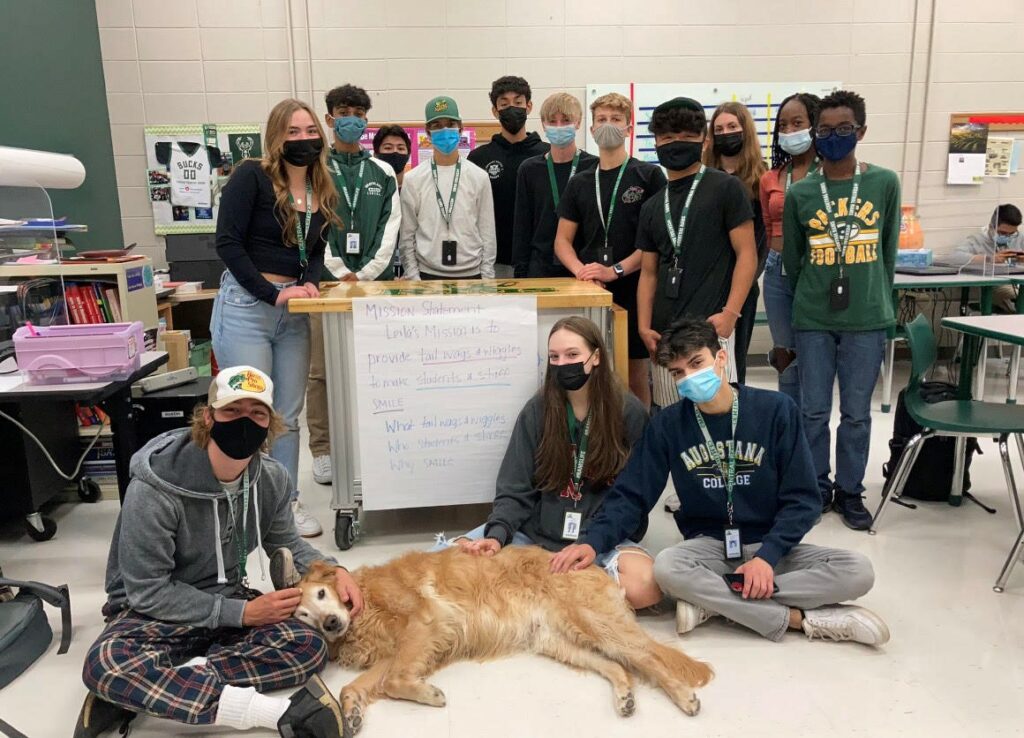
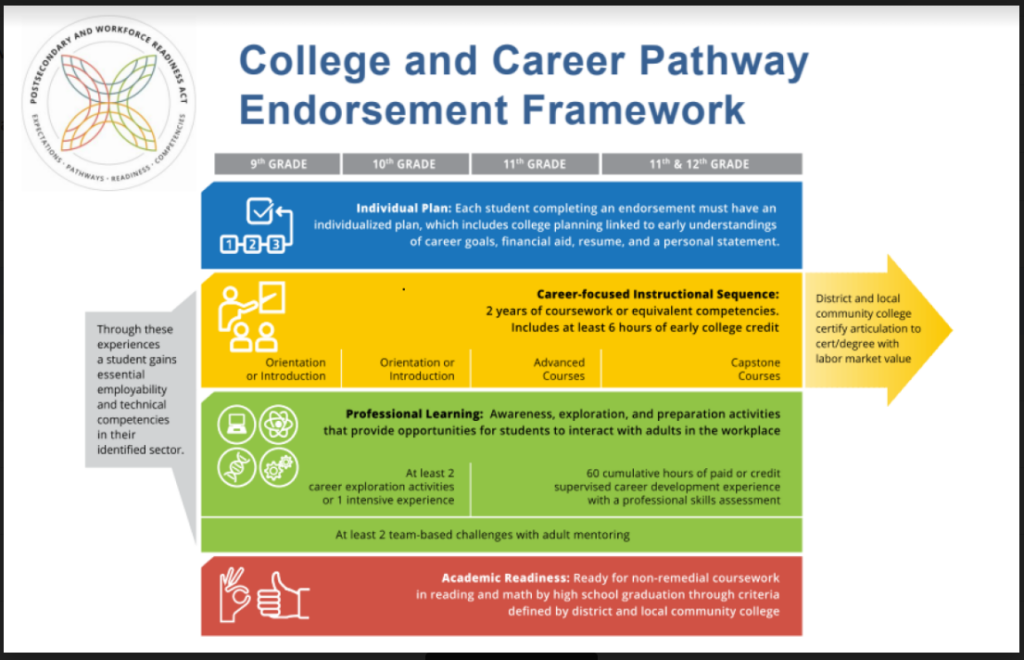


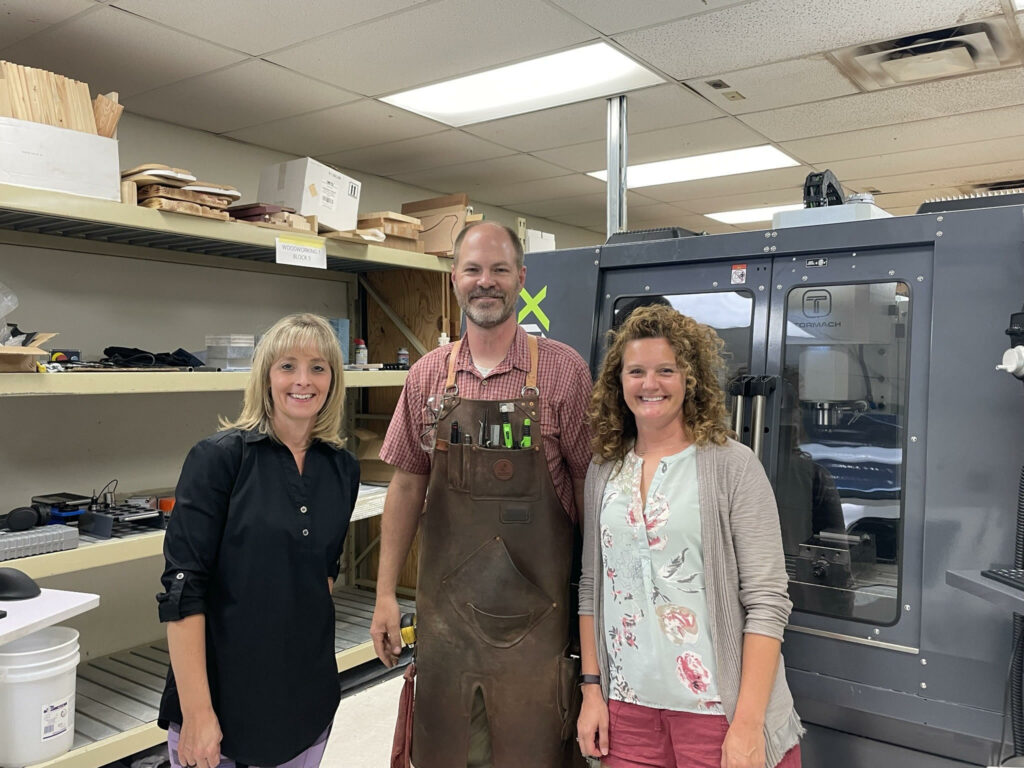
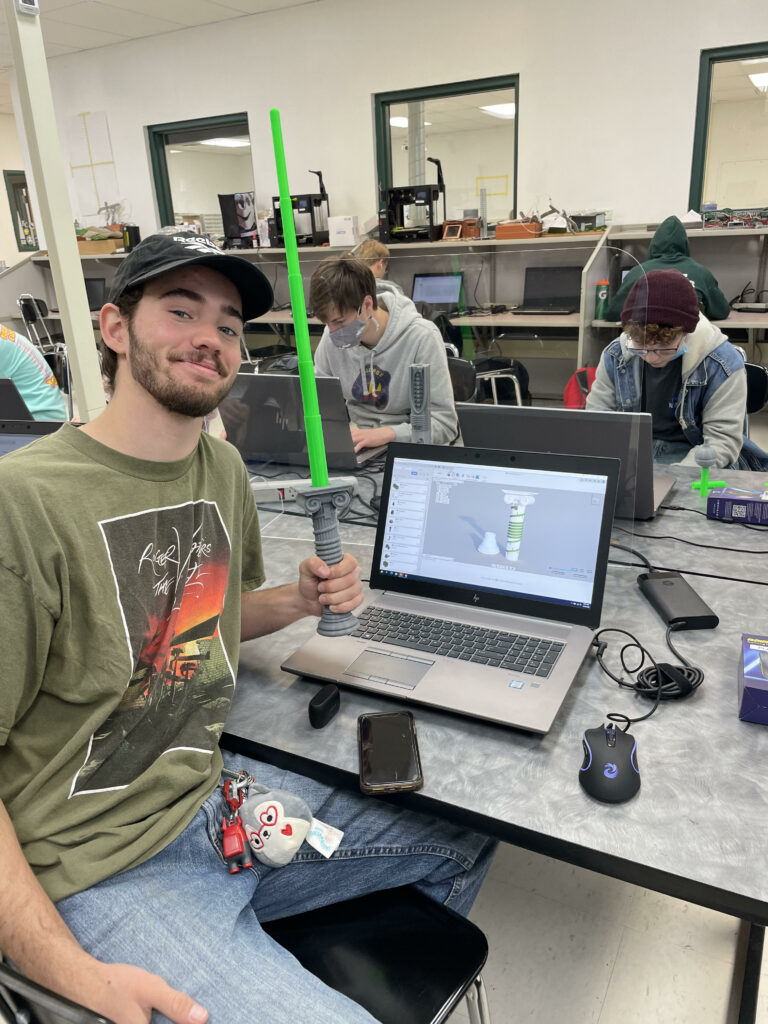
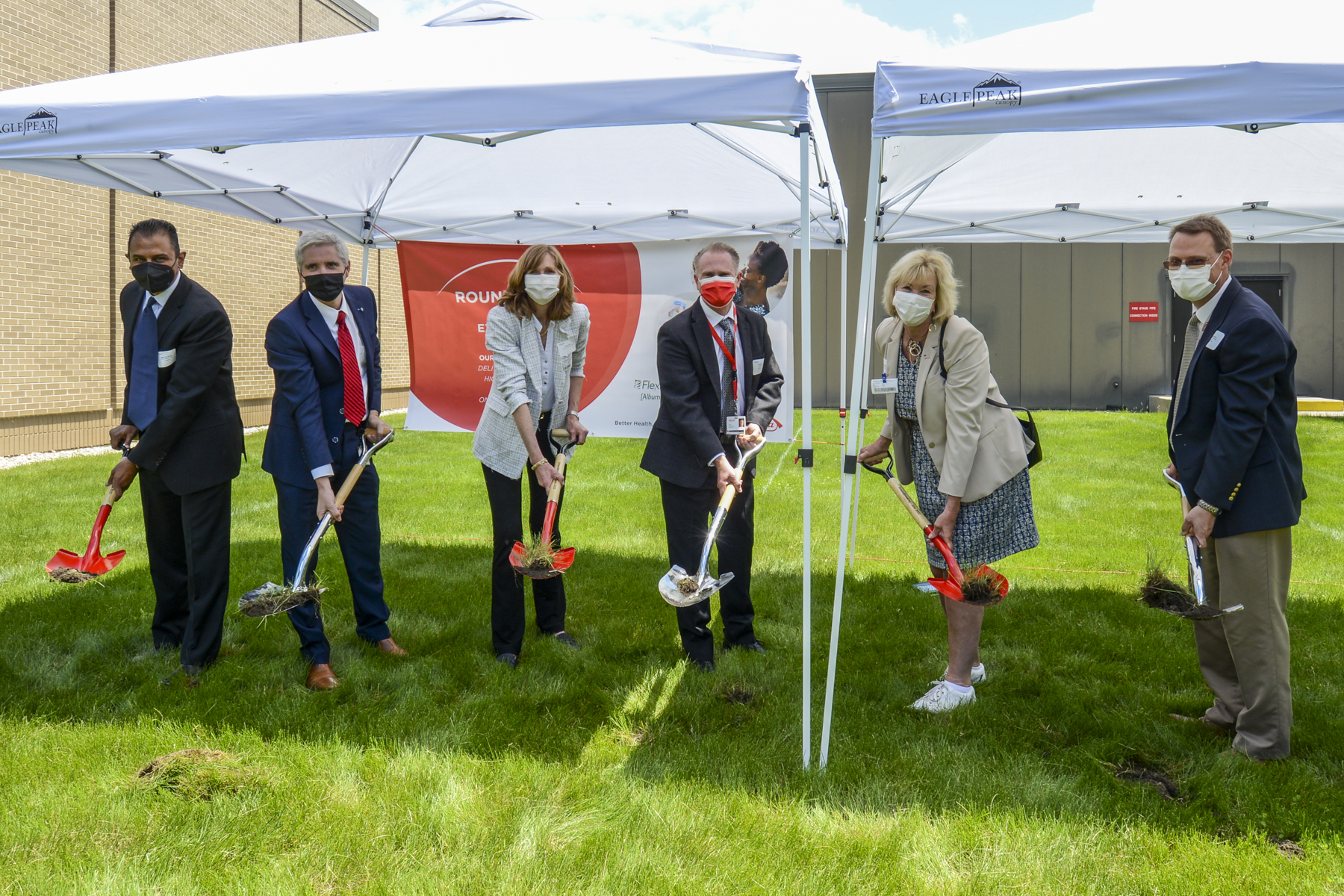

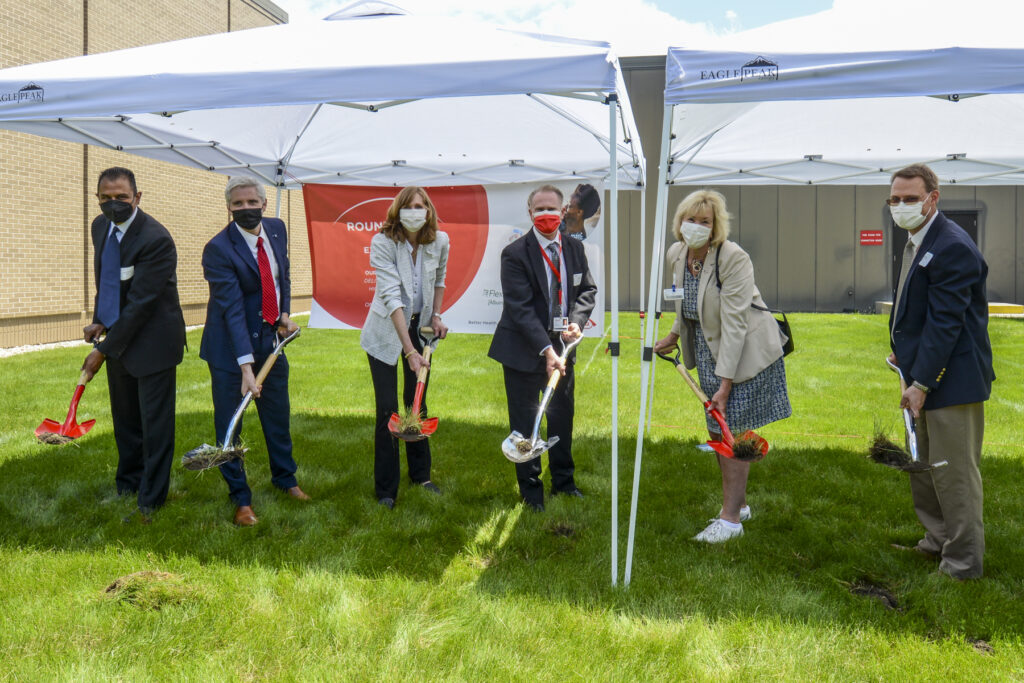
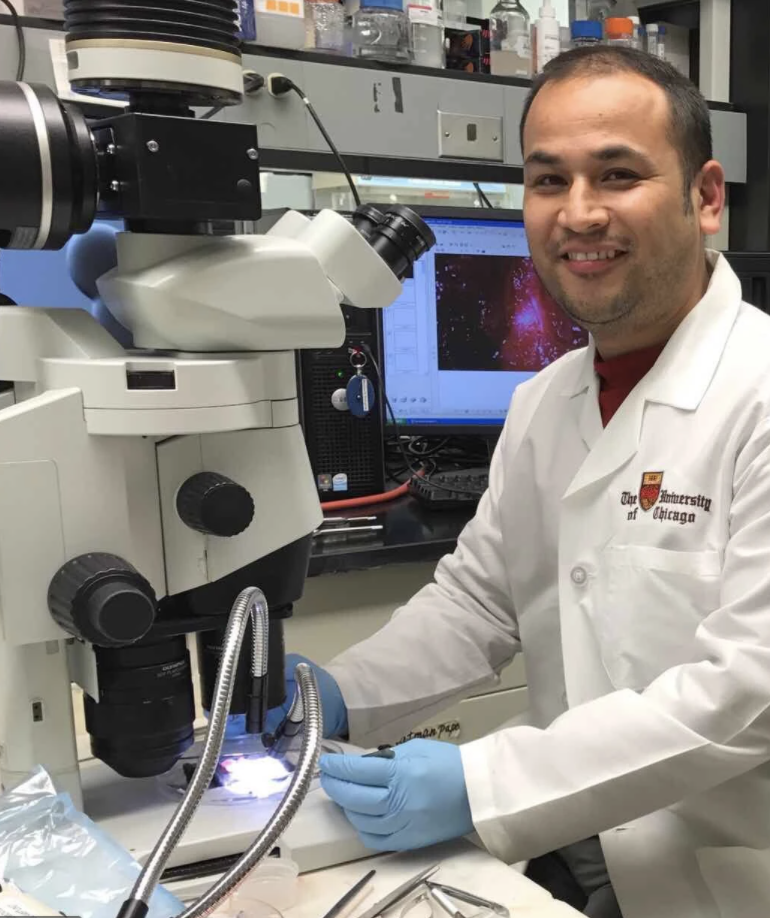

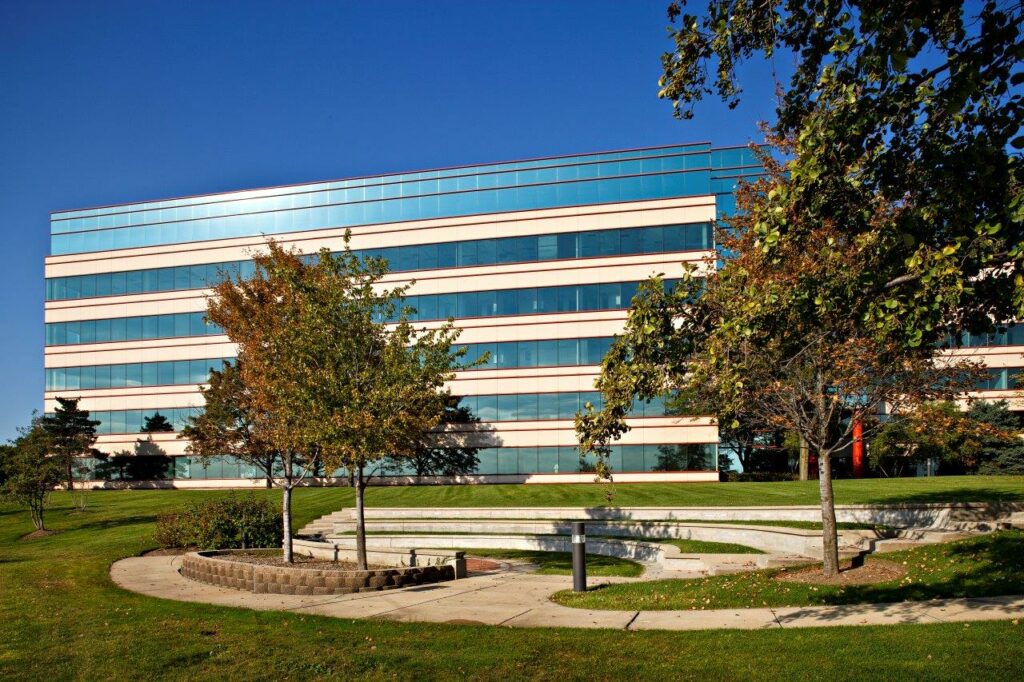
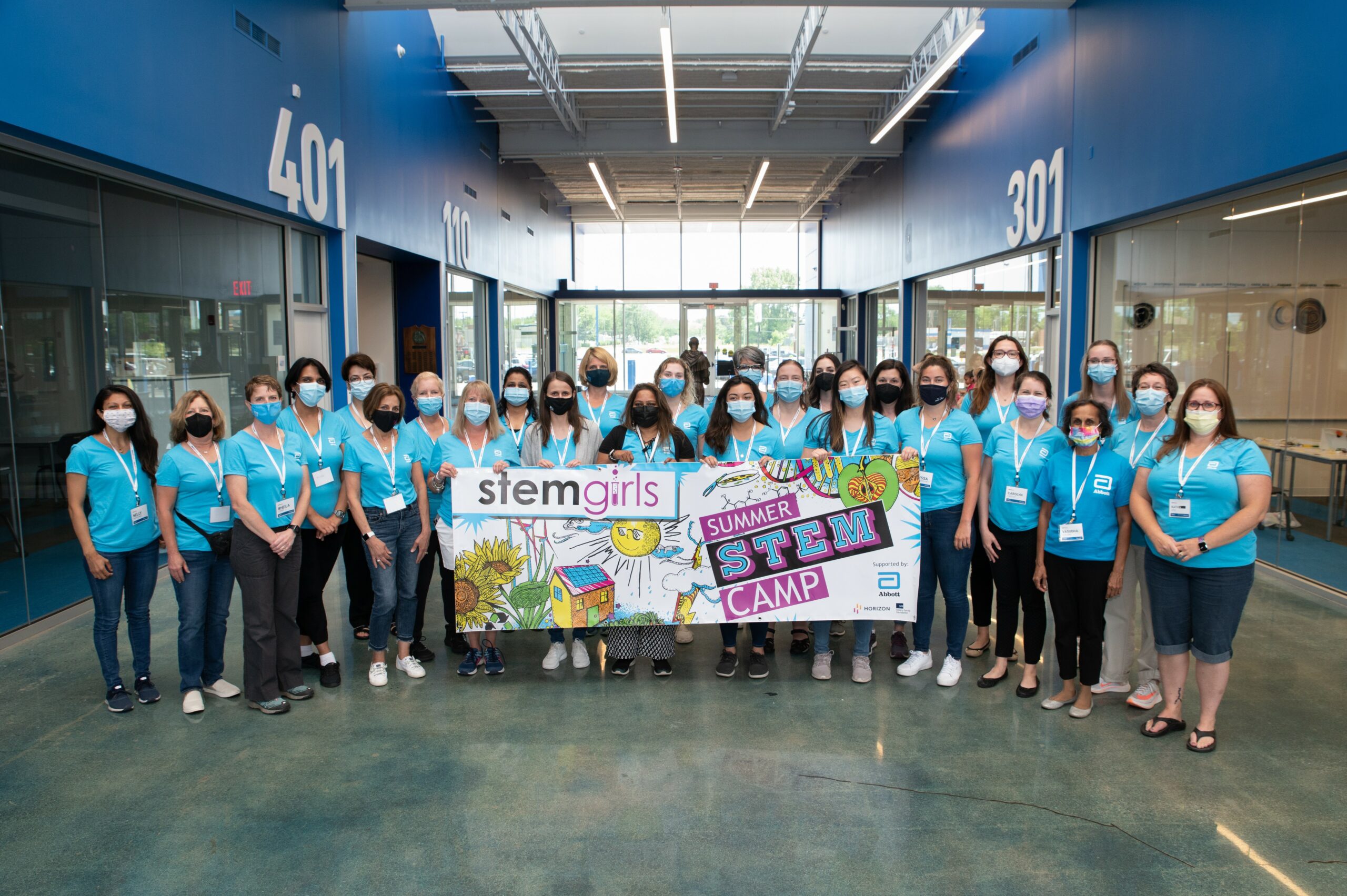
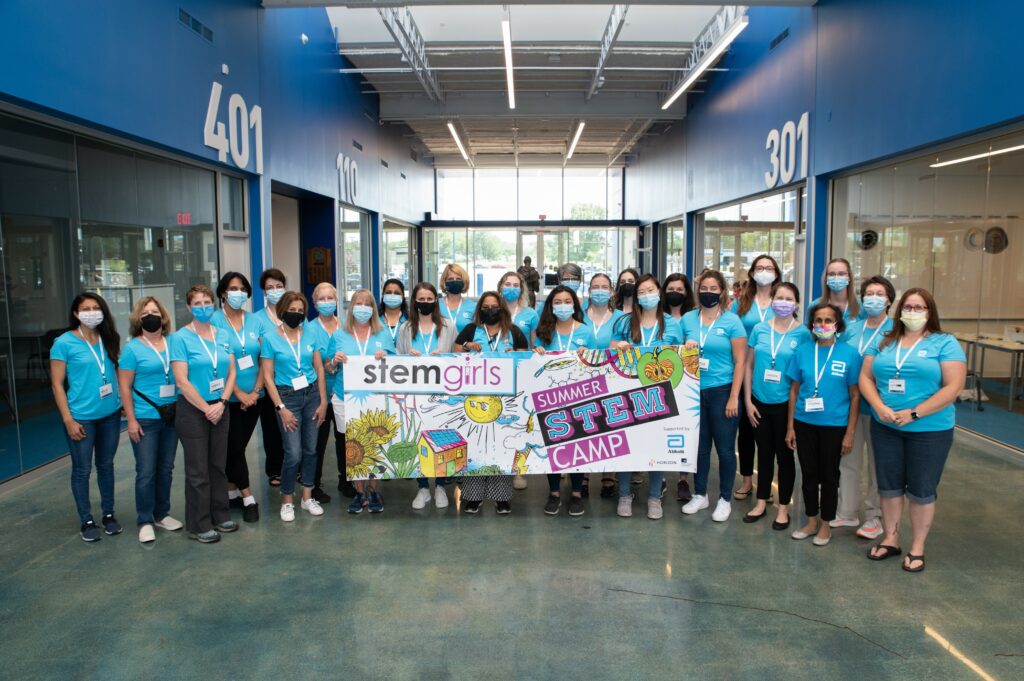
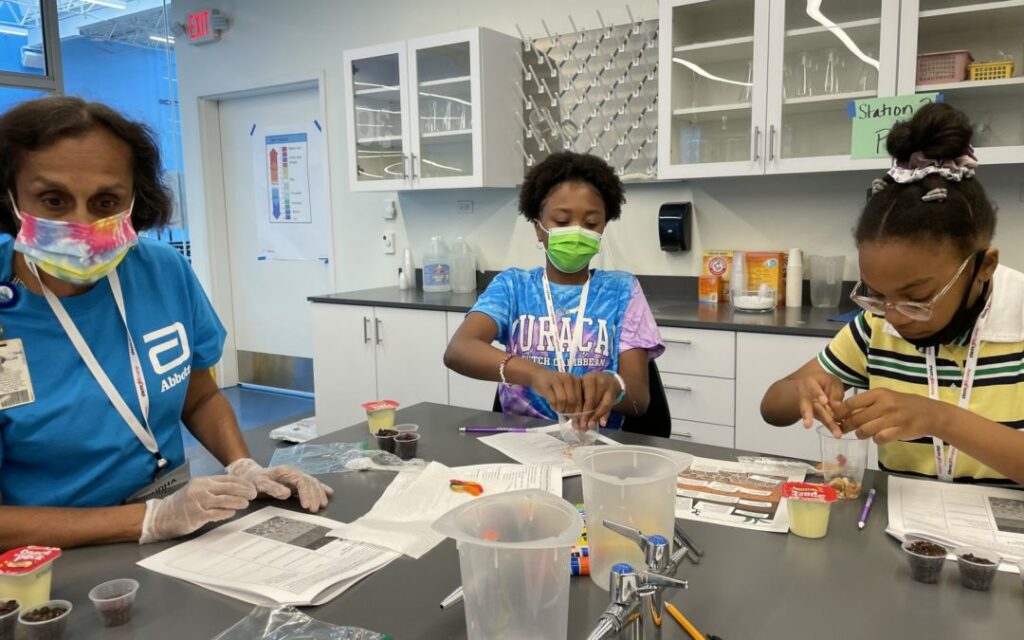
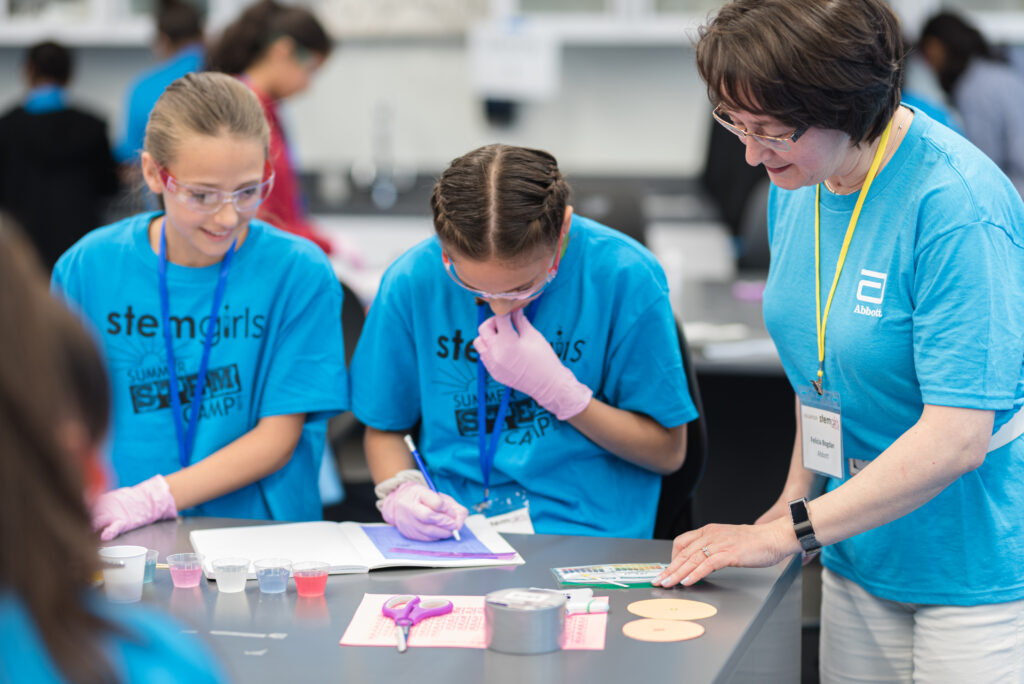
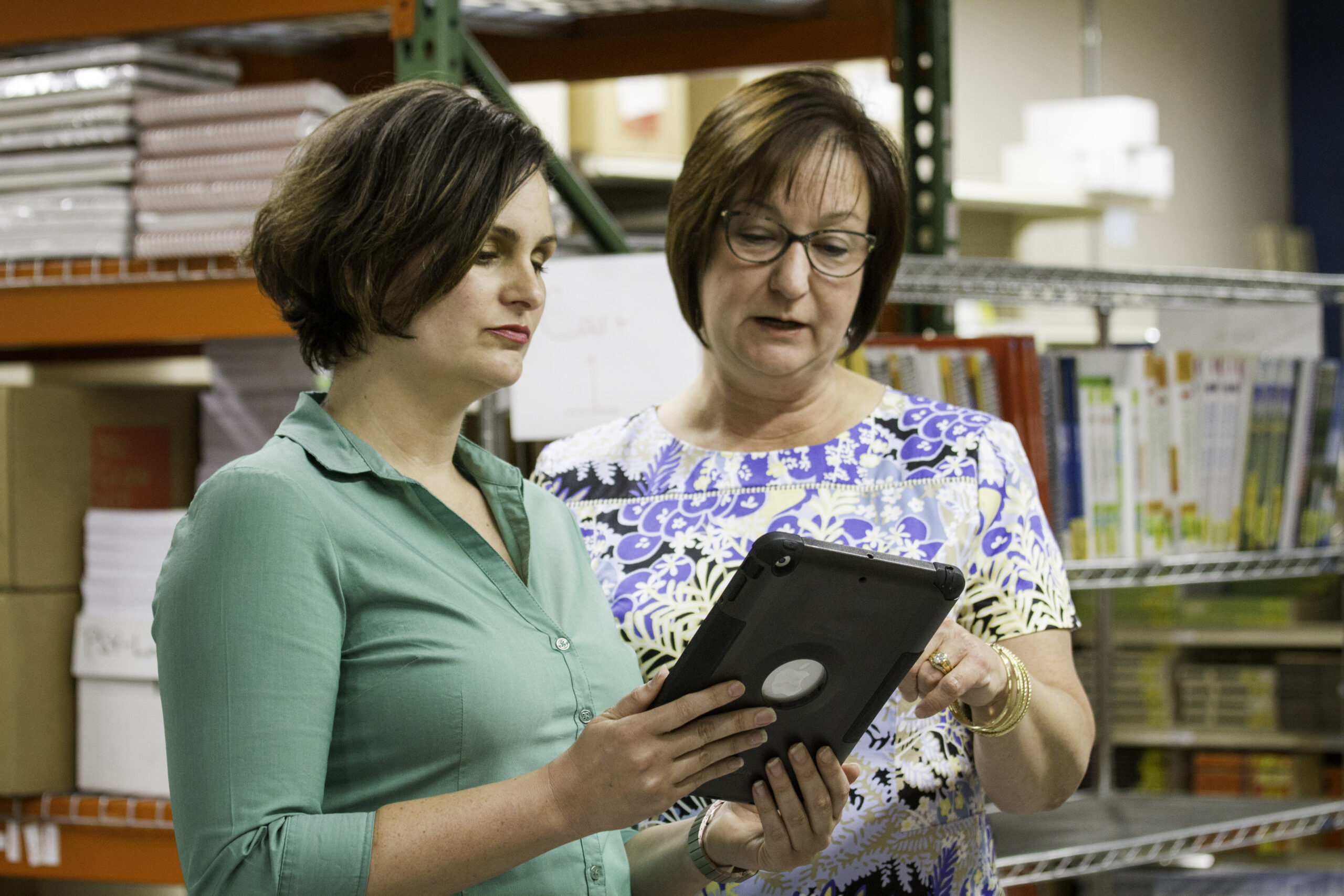

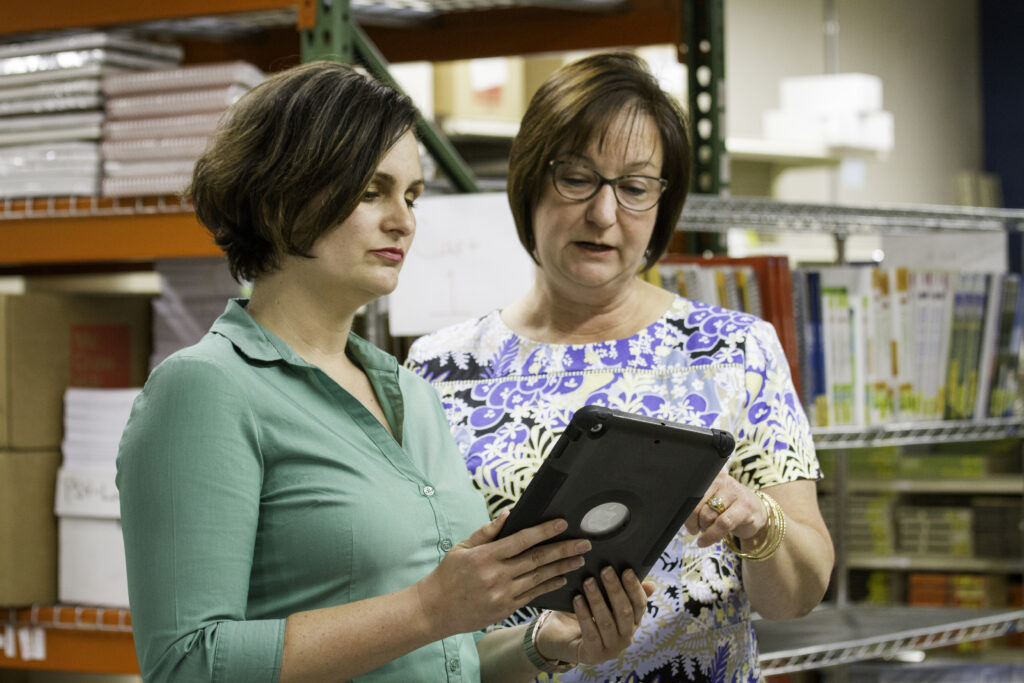
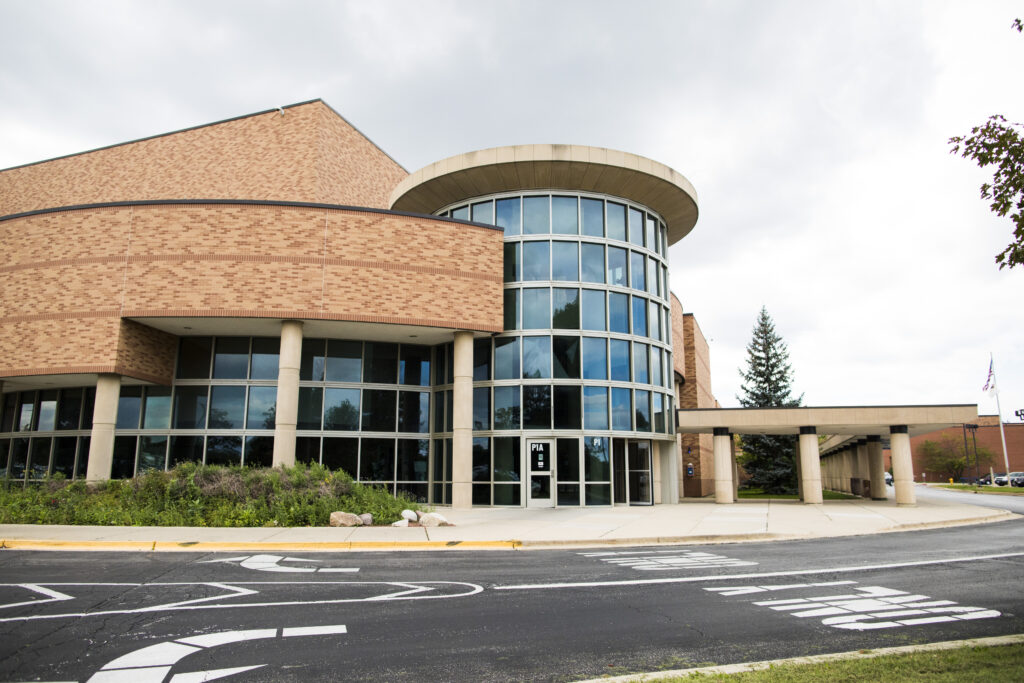





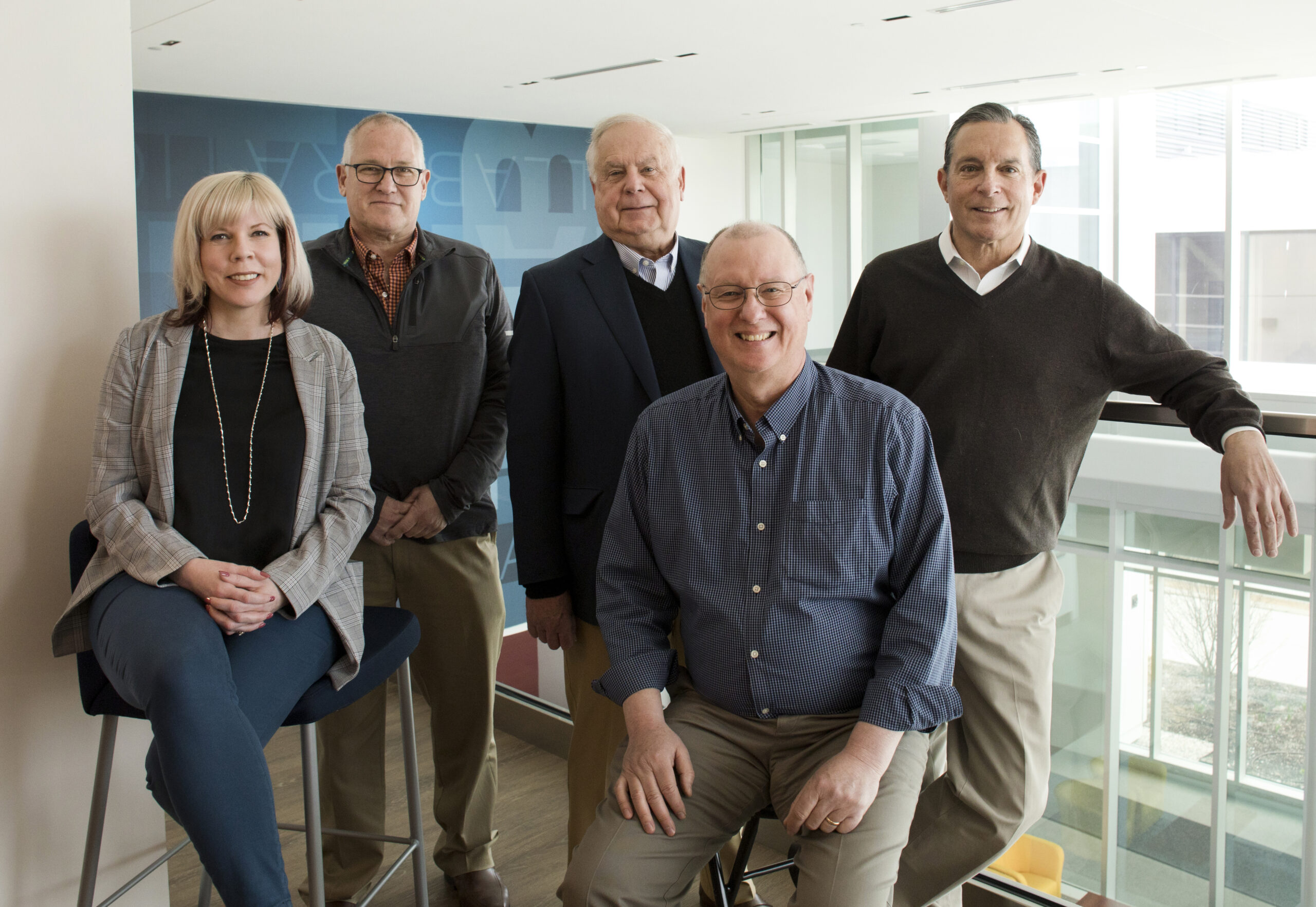
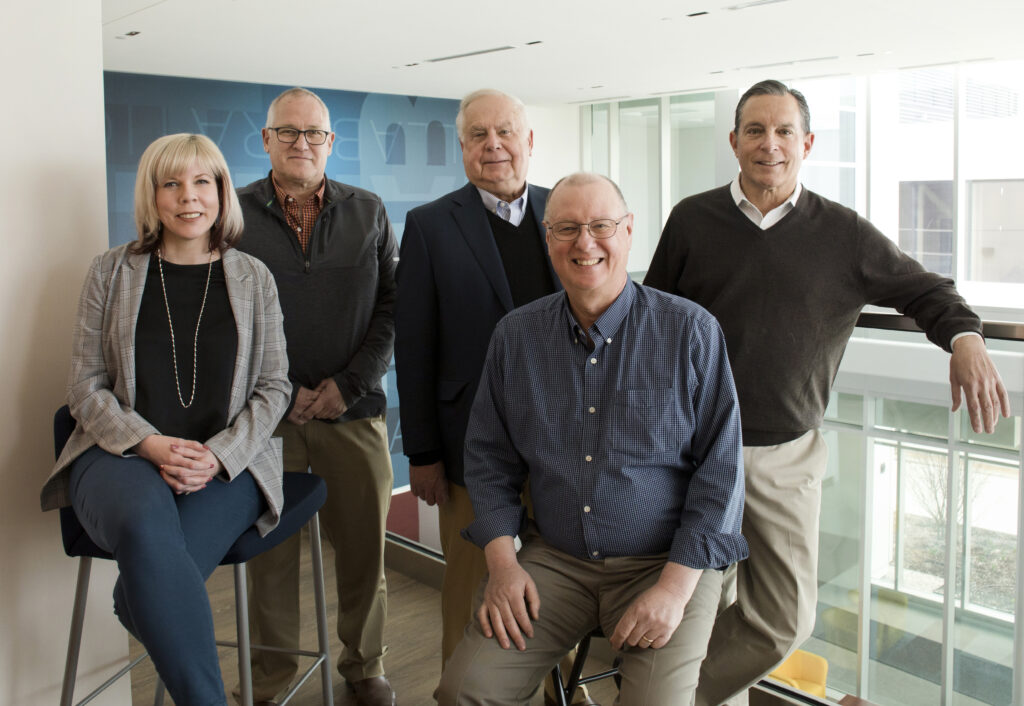
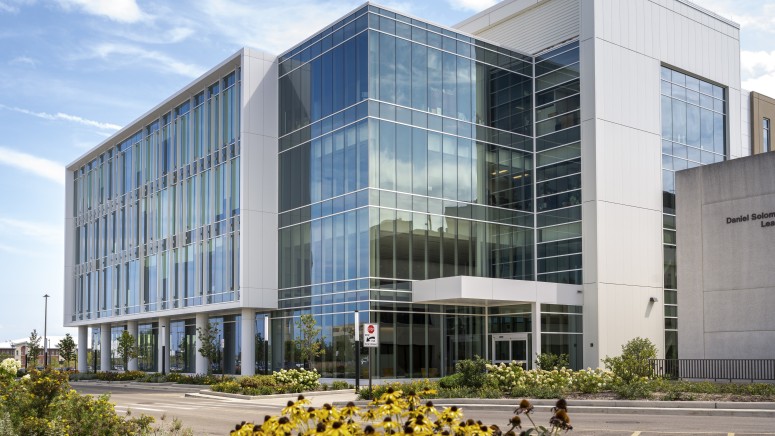
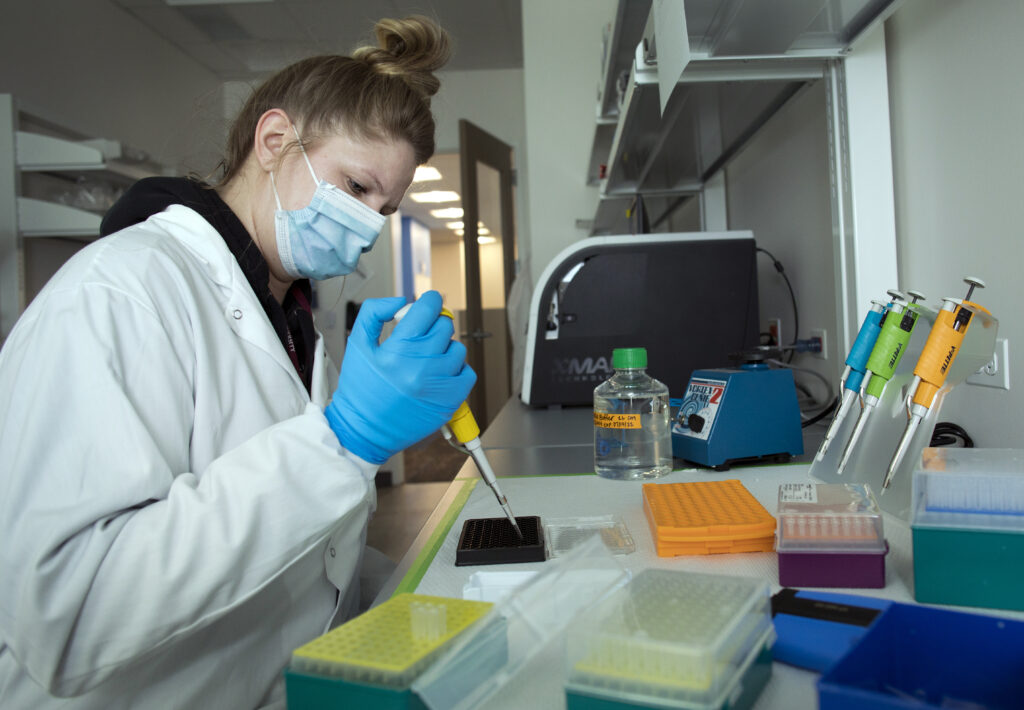
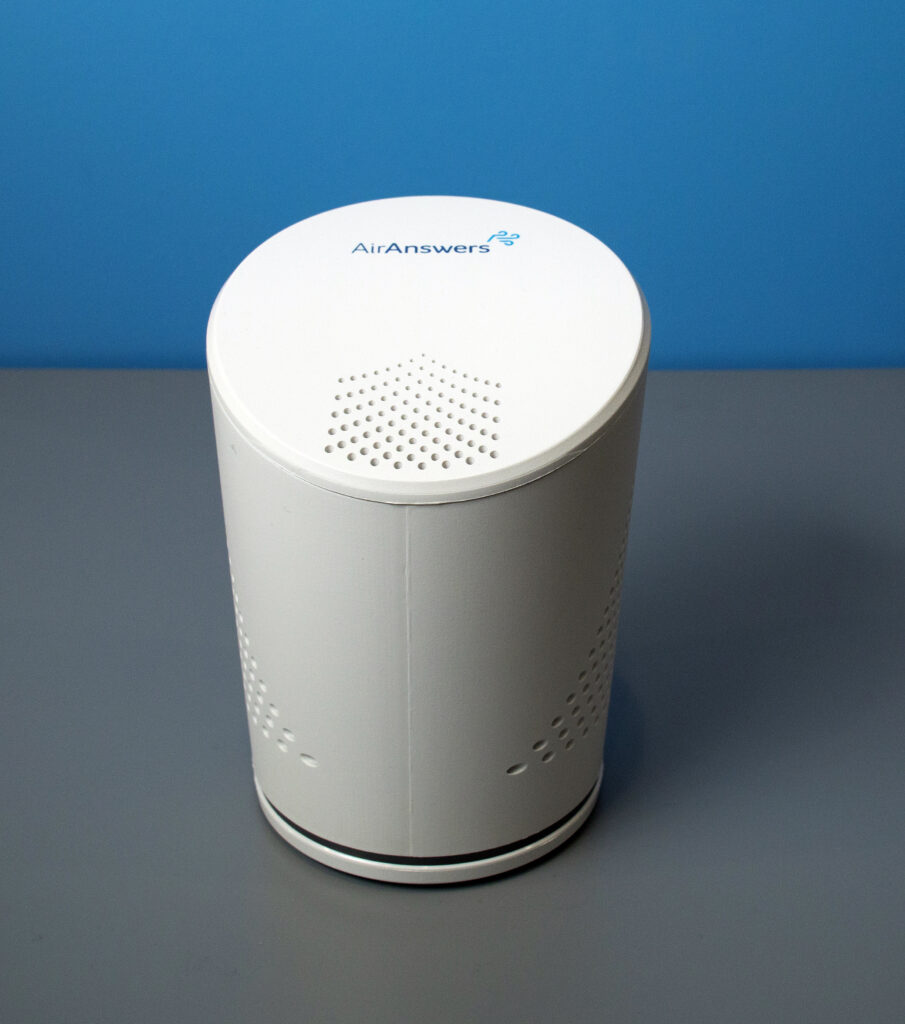
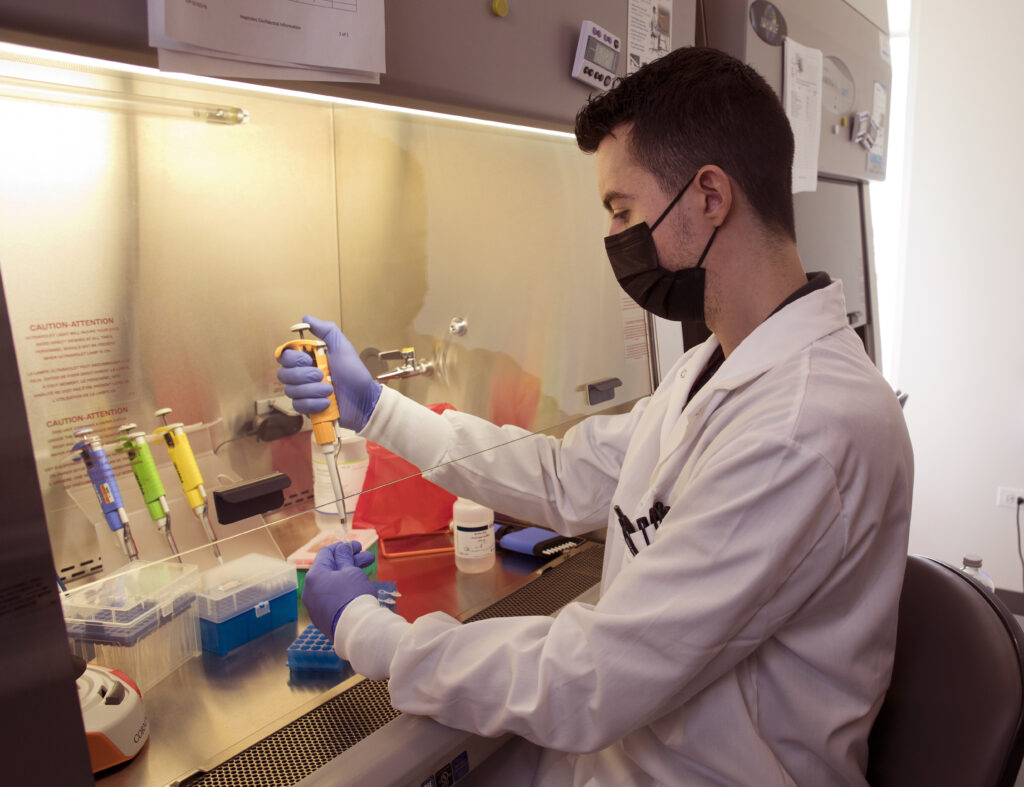
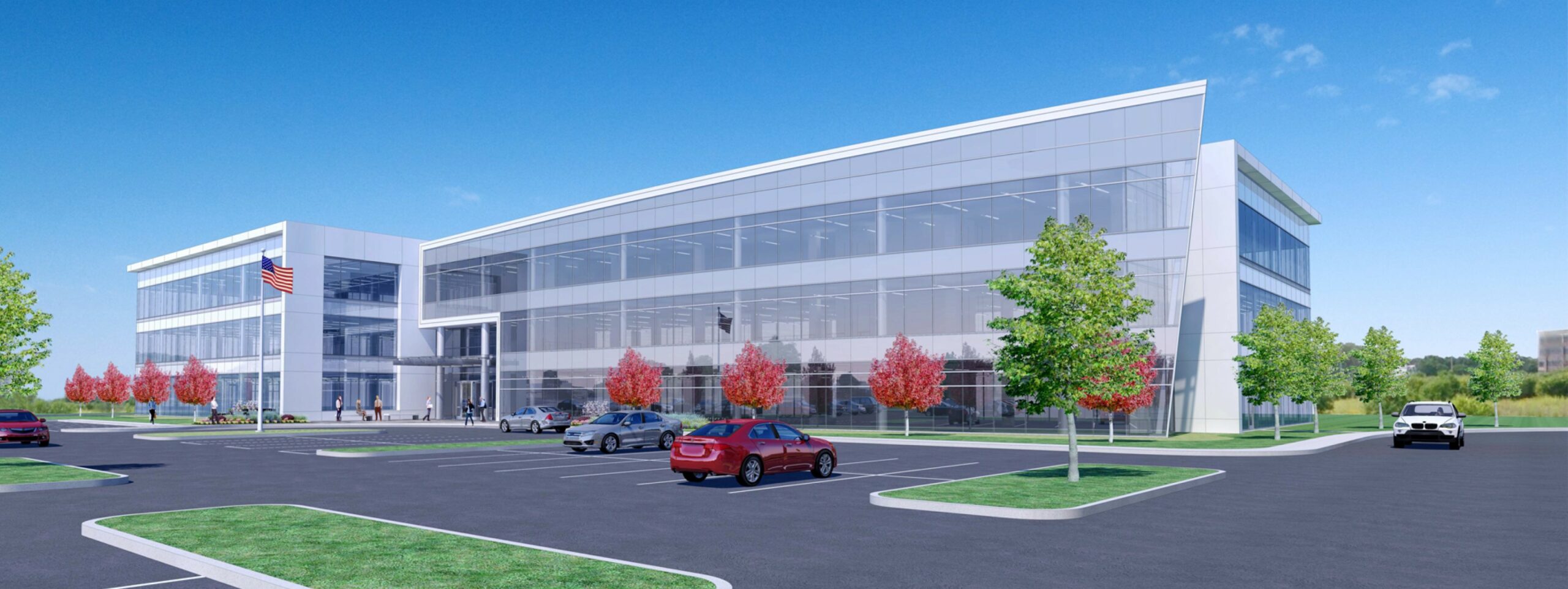
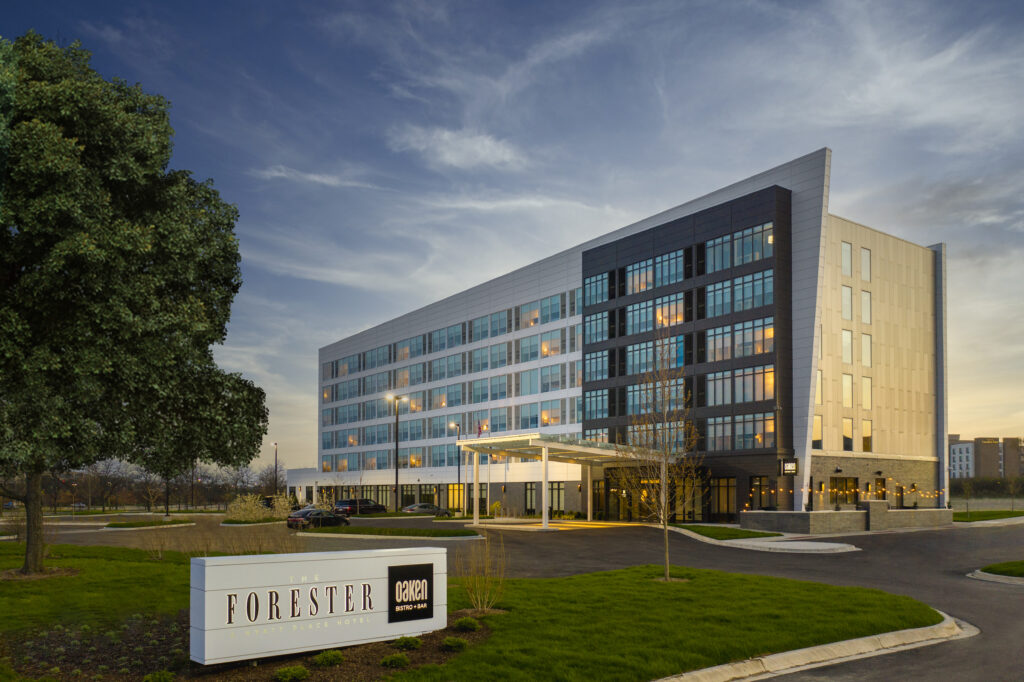
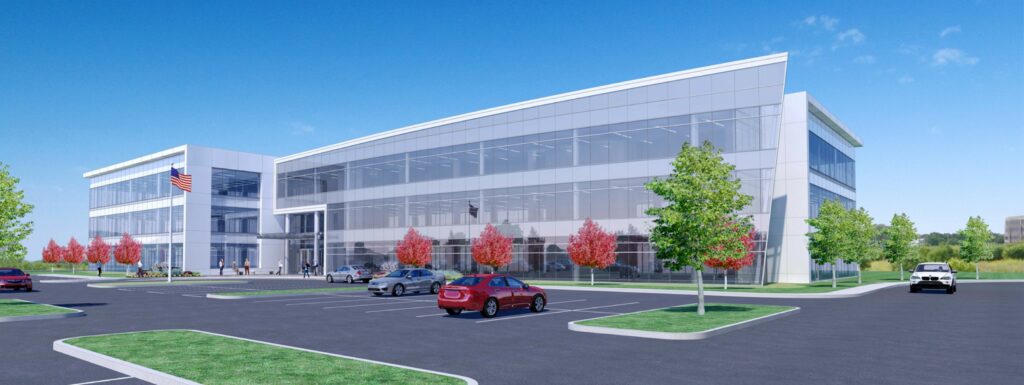
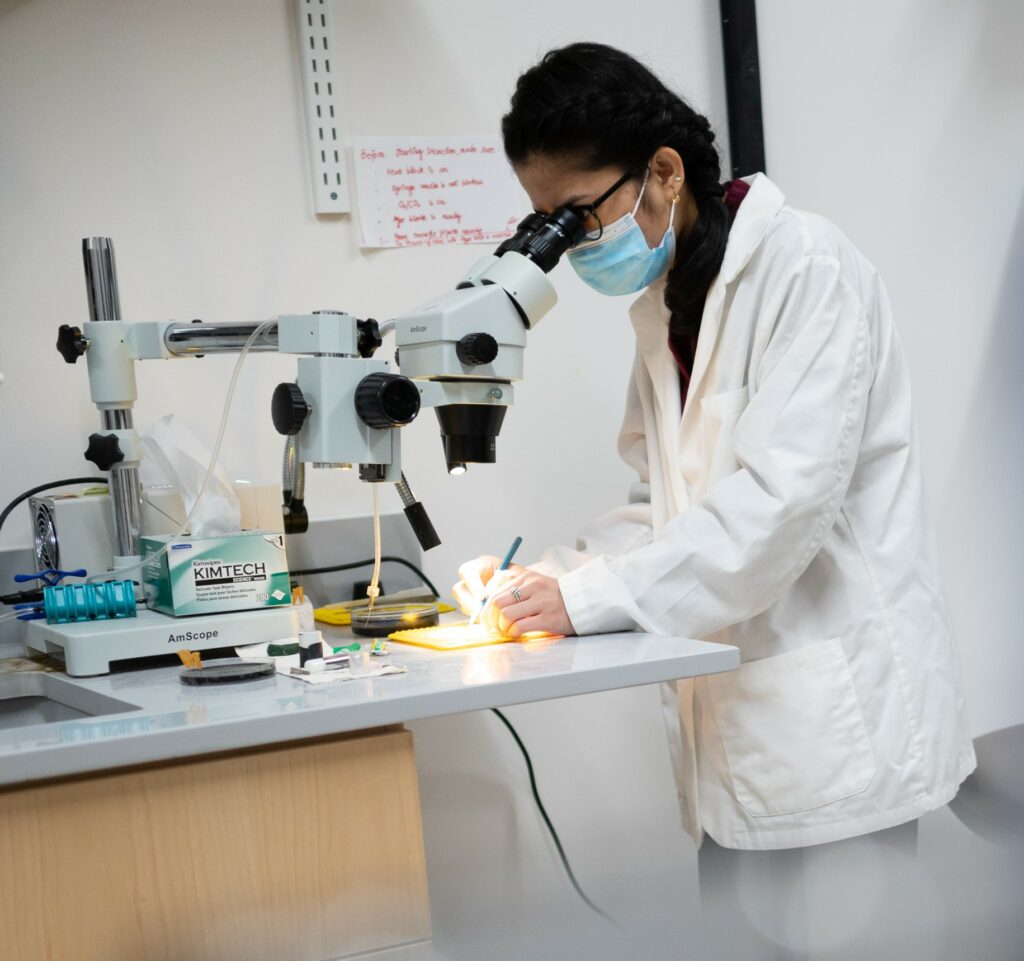
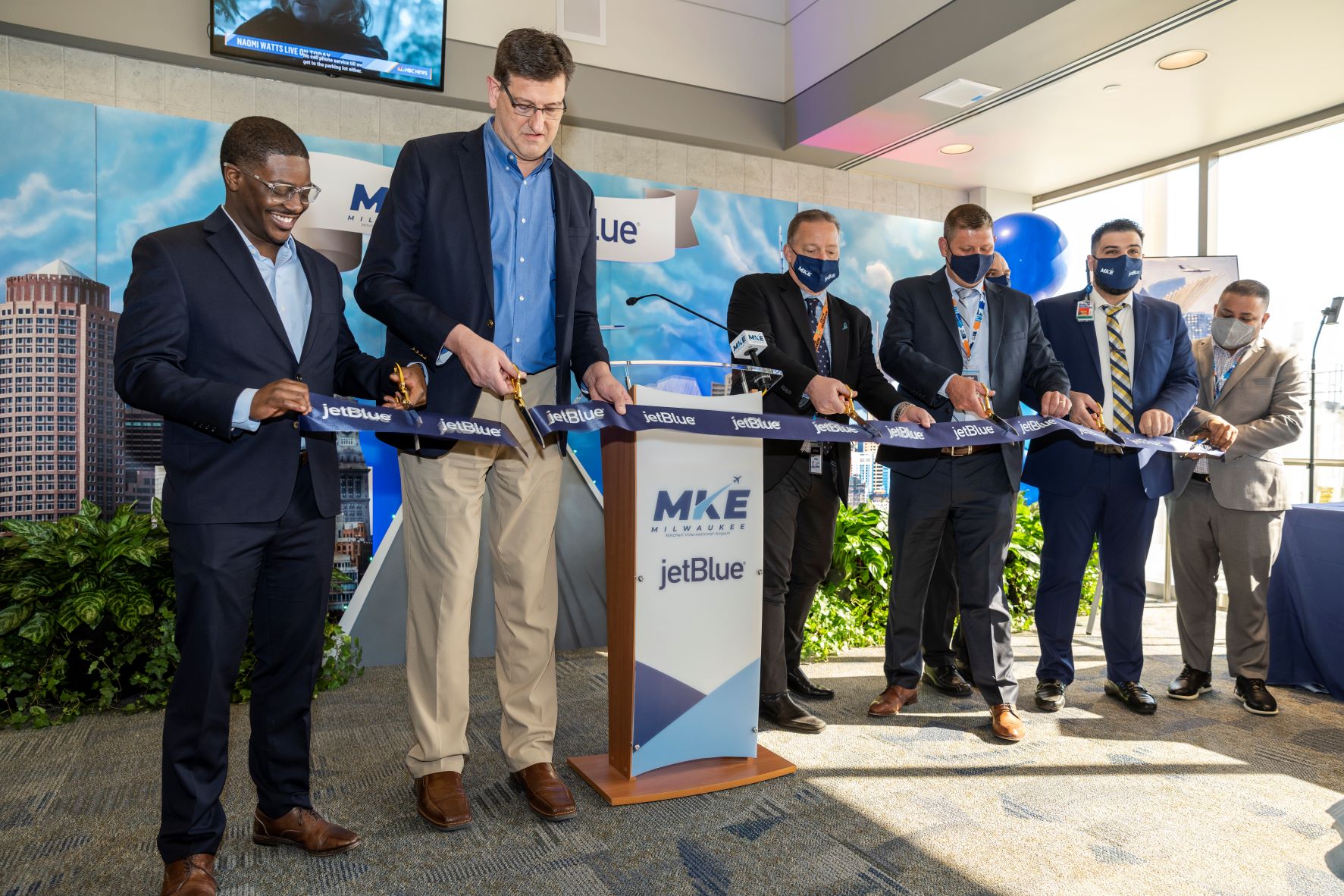
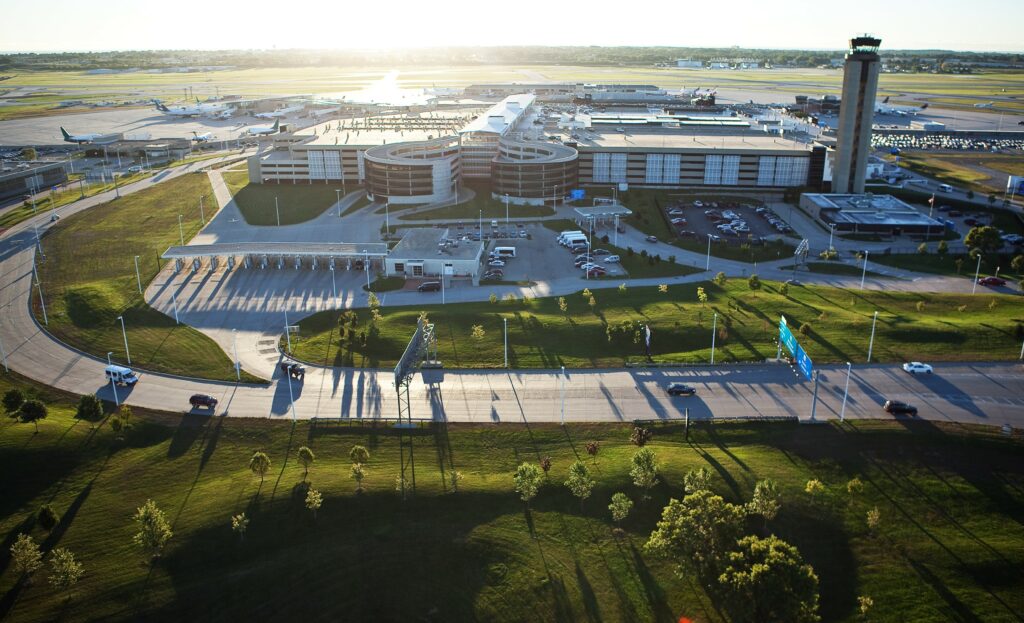
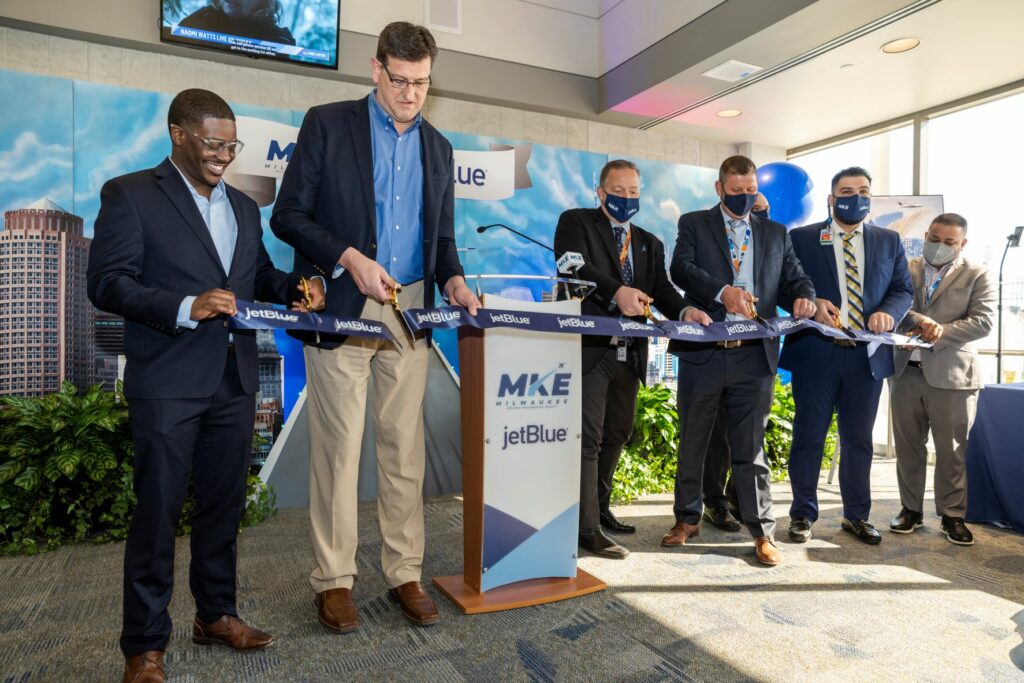
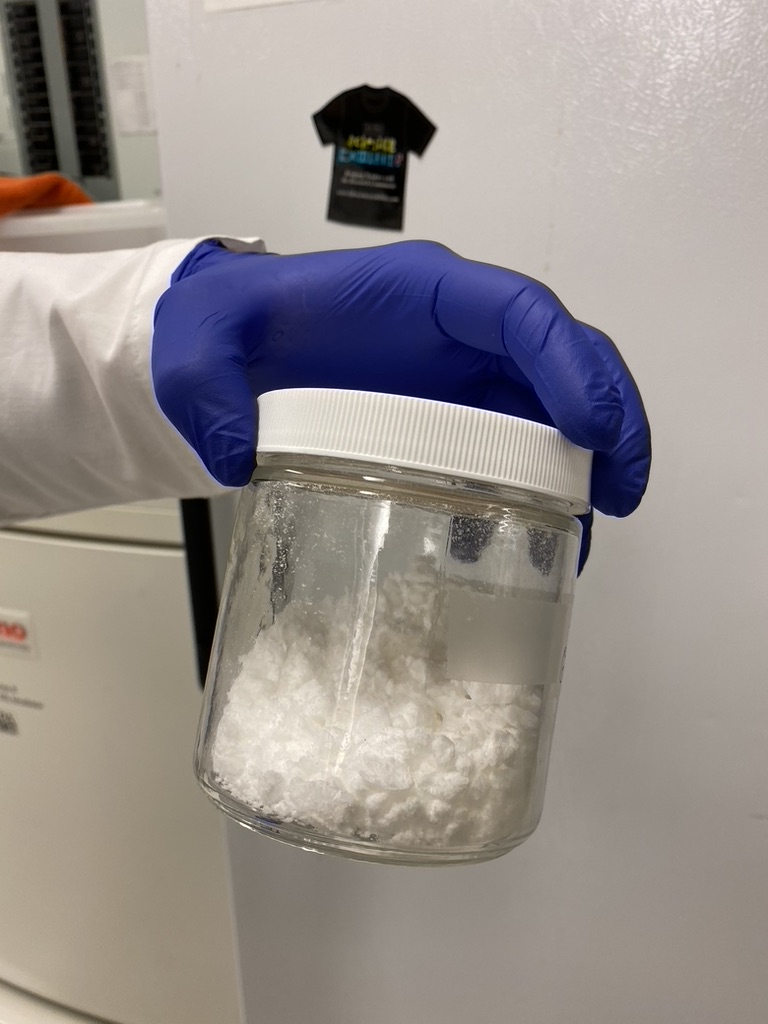
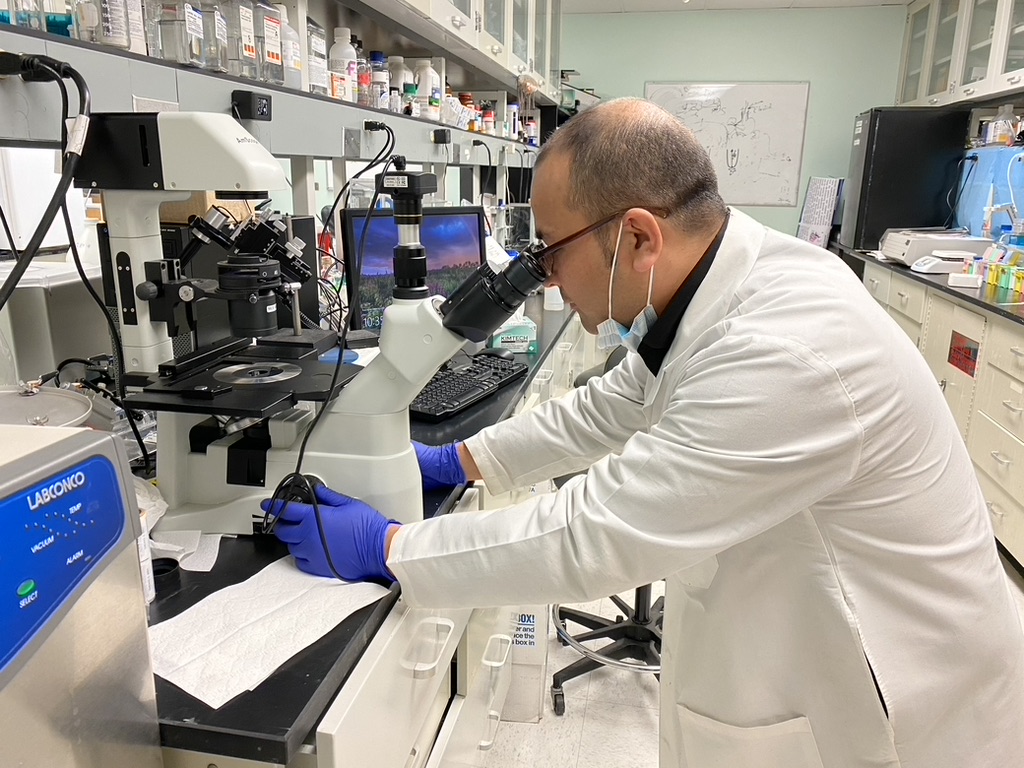
Recent Comments